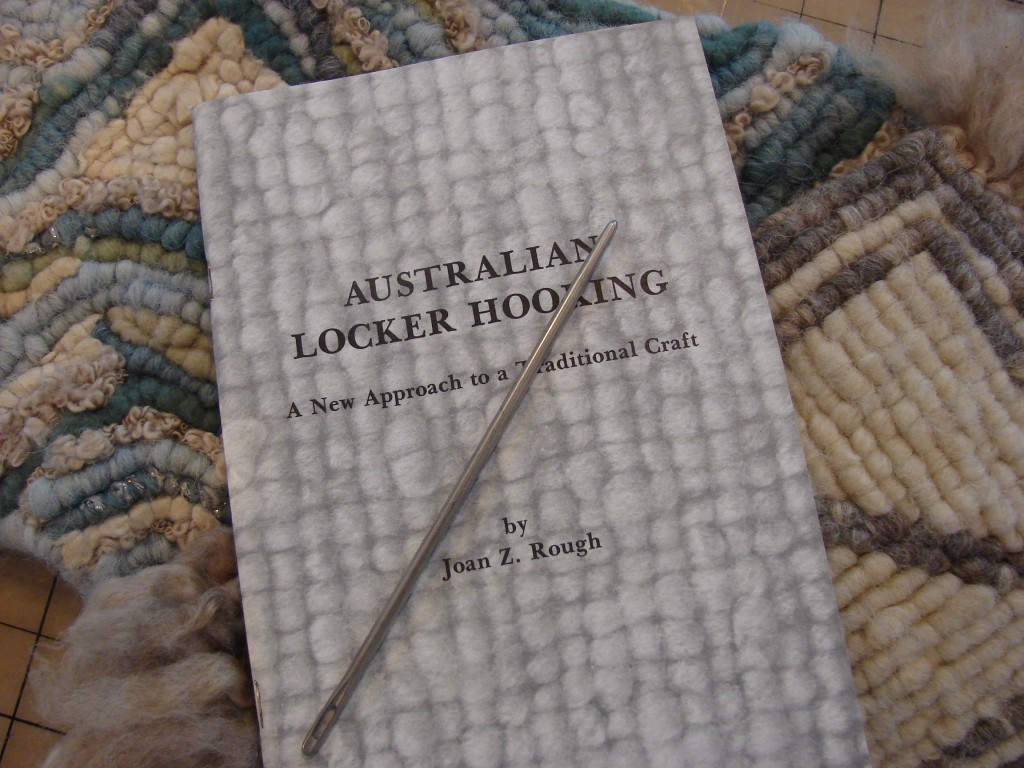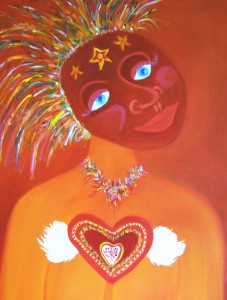When winter knocks at the door I love to cook soups and stews. They can take a long time to simmer allowing the goodness and flavor of the ingredients to be released into the pot. Writing a book can be like that, too.
I’m over on Sherrey Meyer’s blog today with a guest post with a list of ingredients and the recipe I used to keep myself working on my book. I hope you enjoy it.





